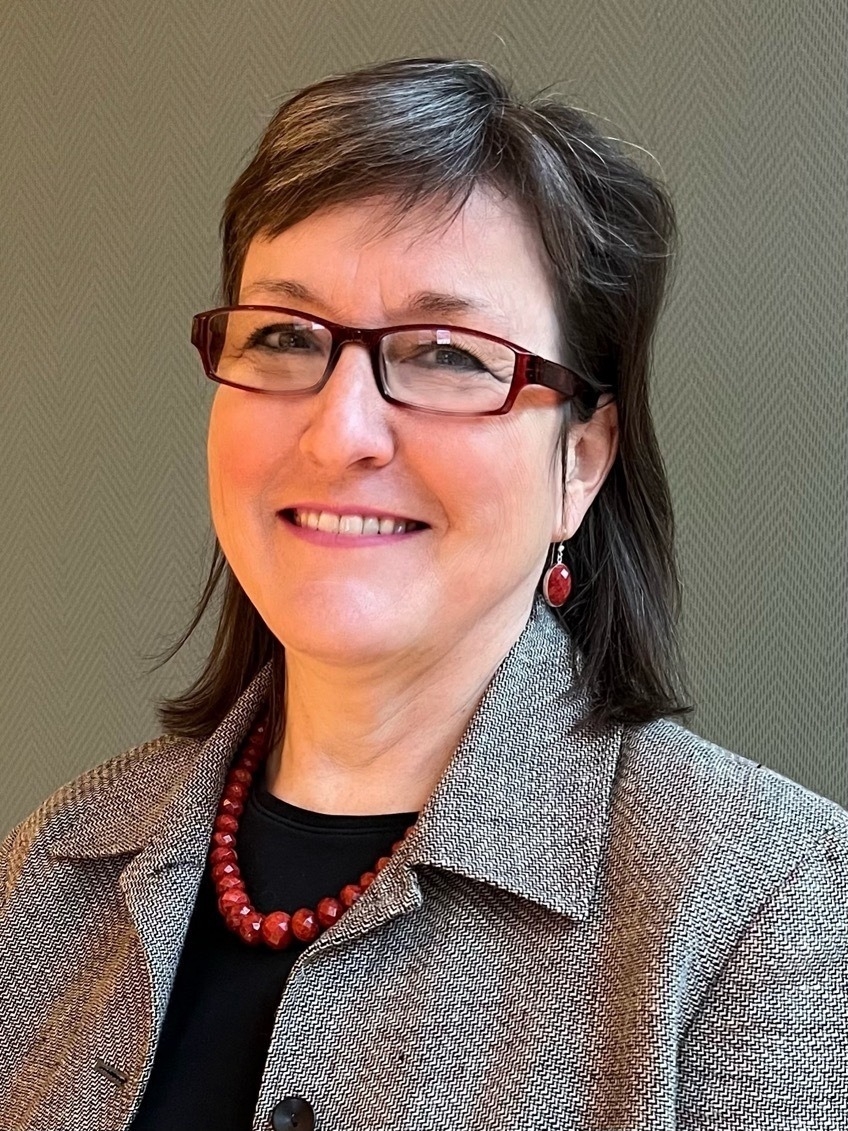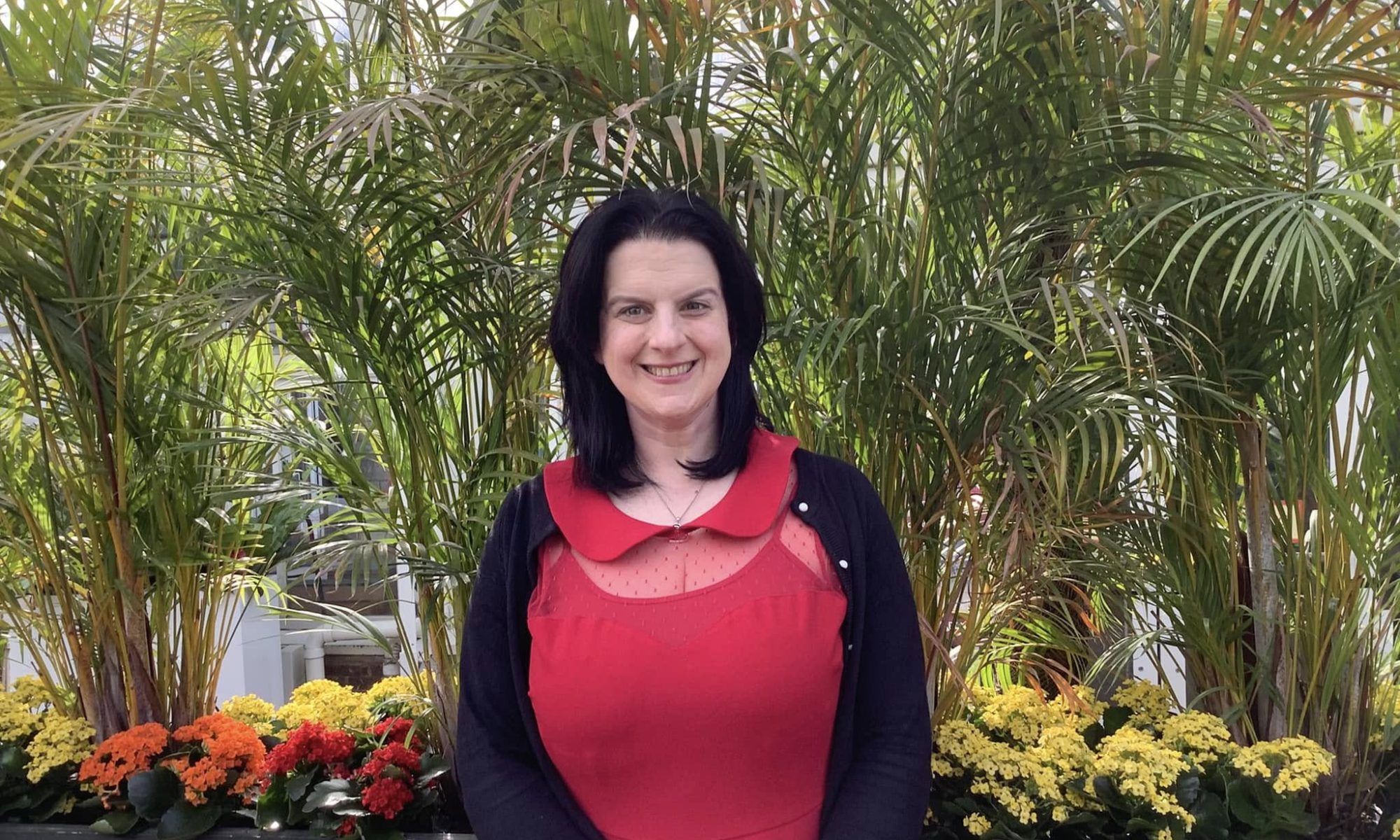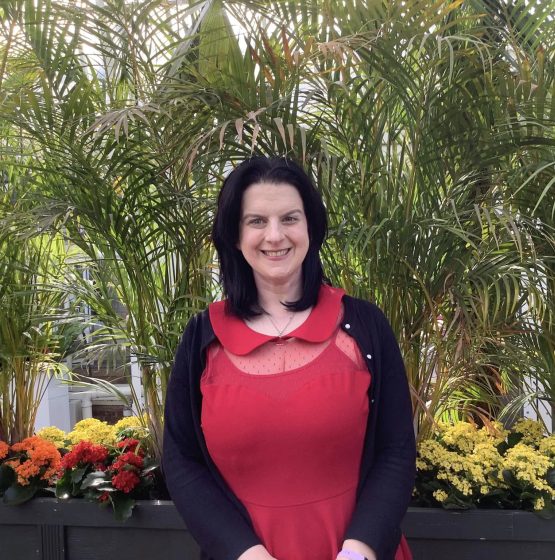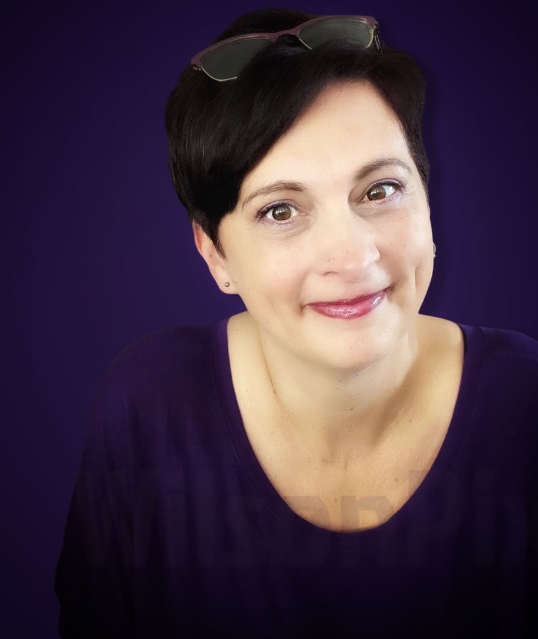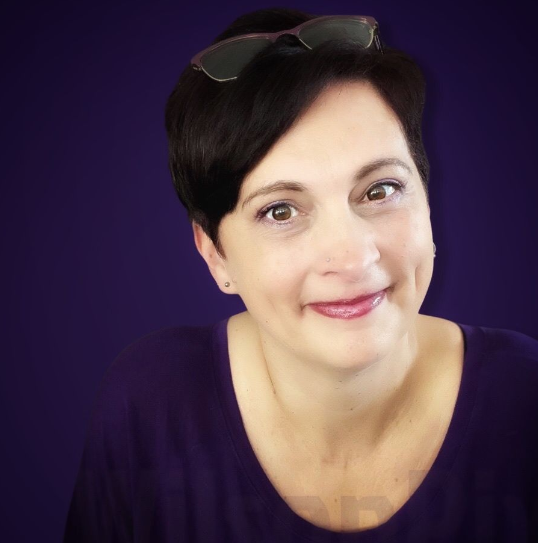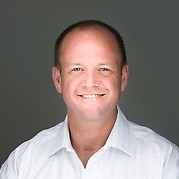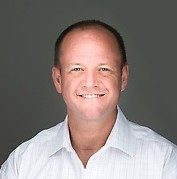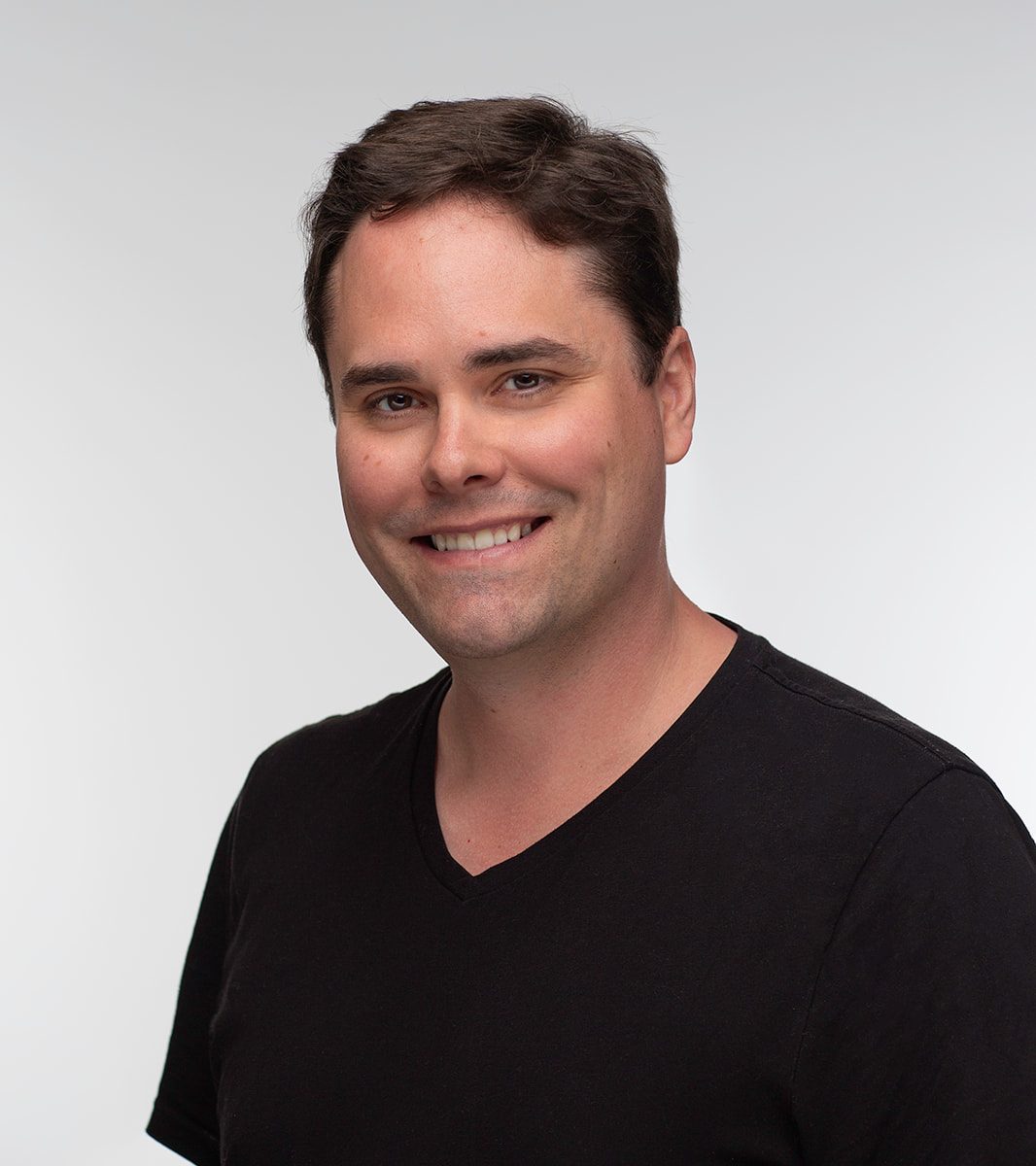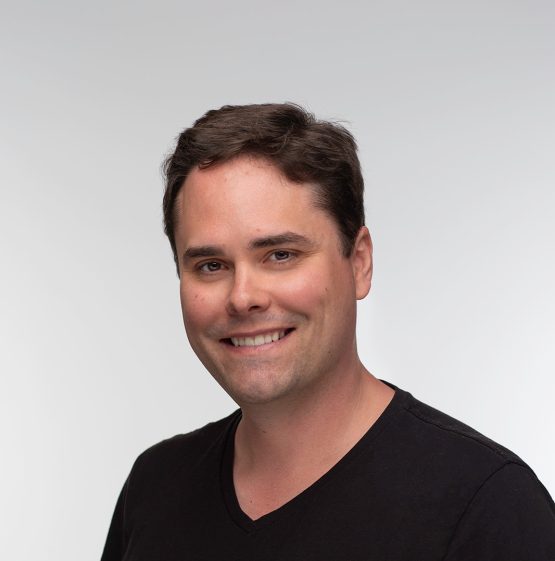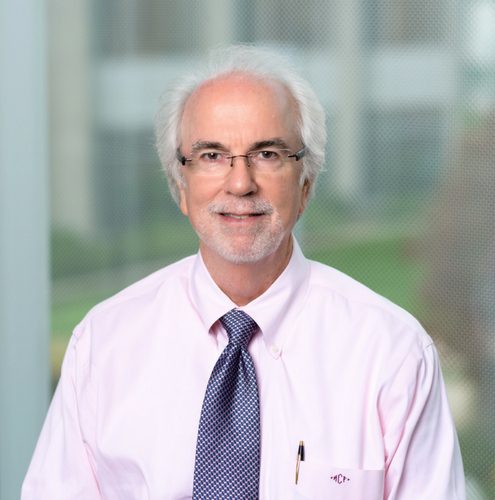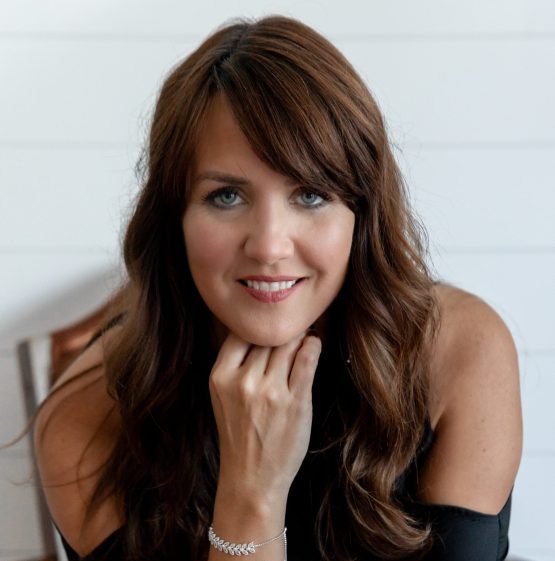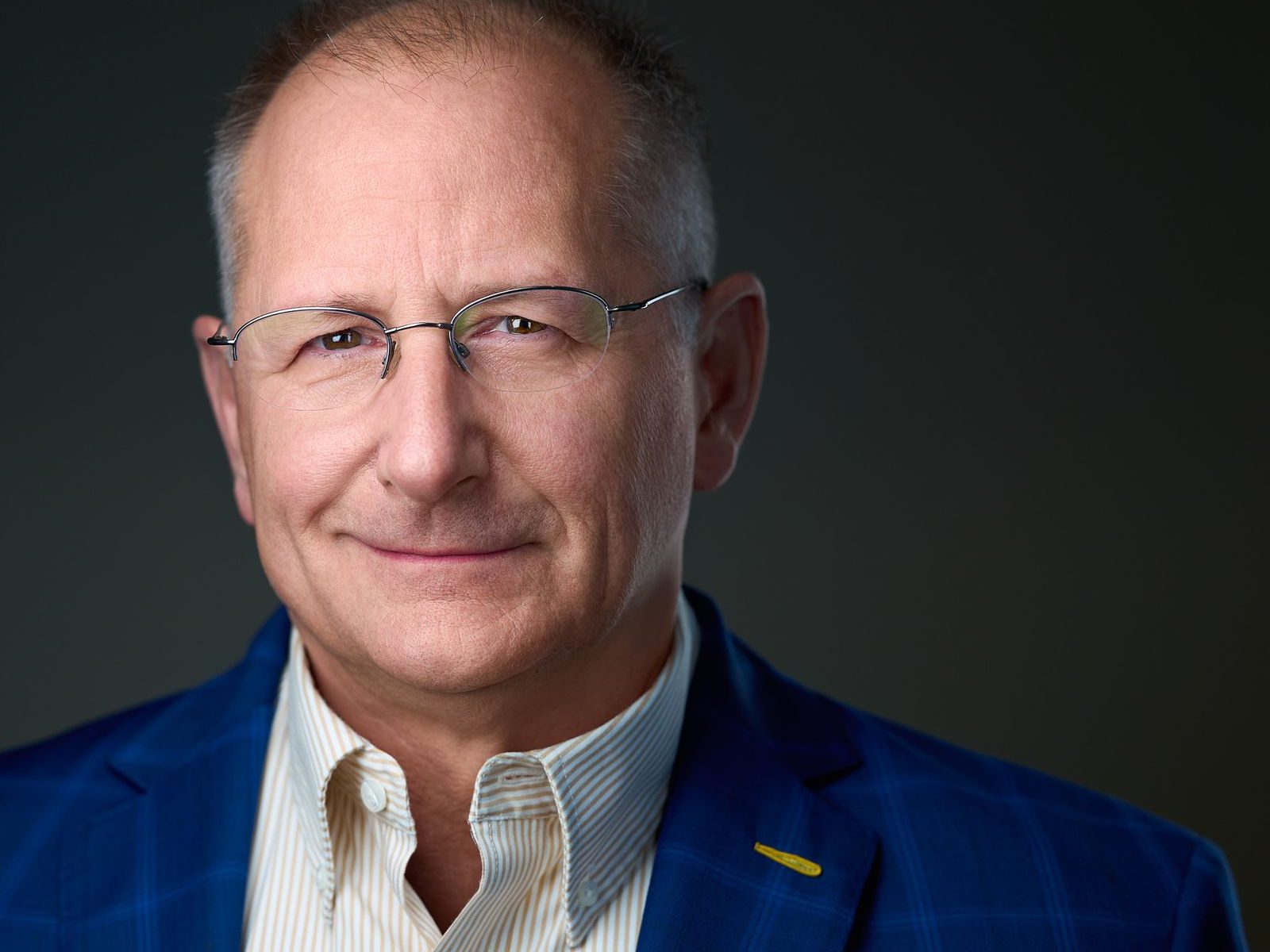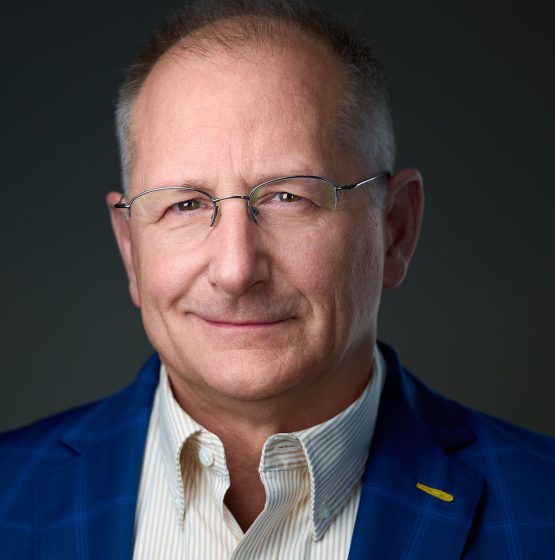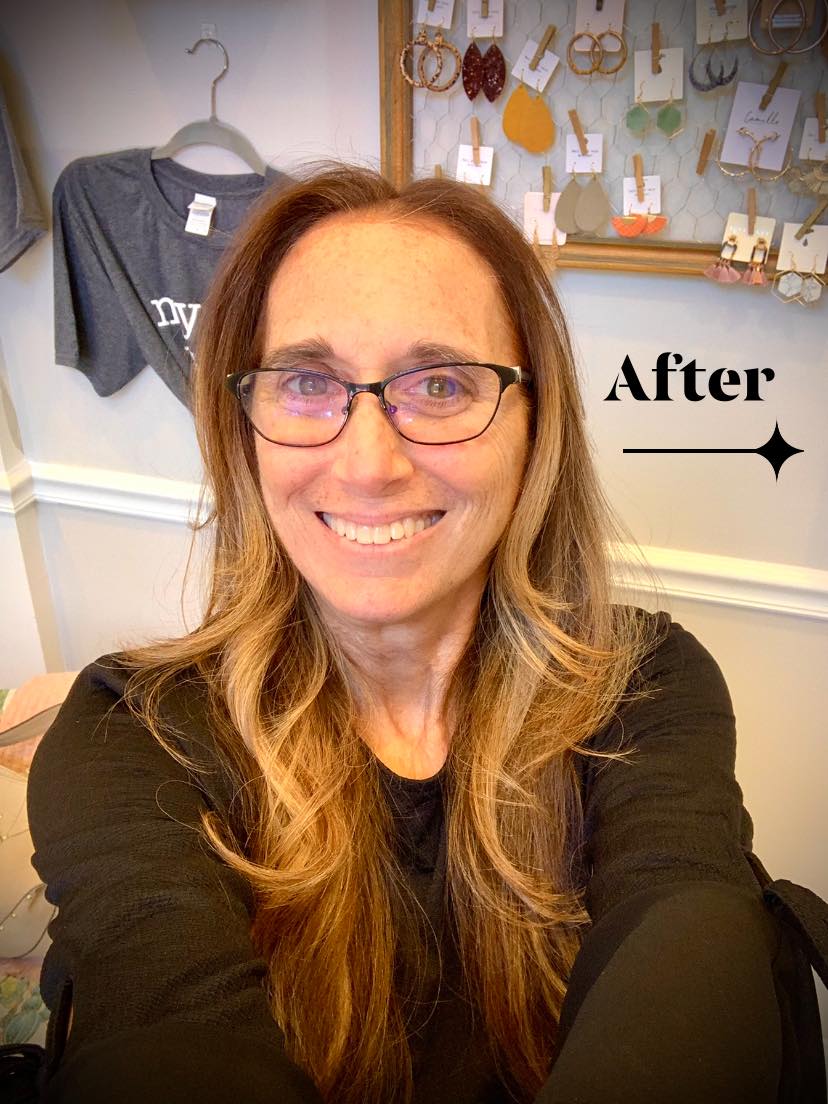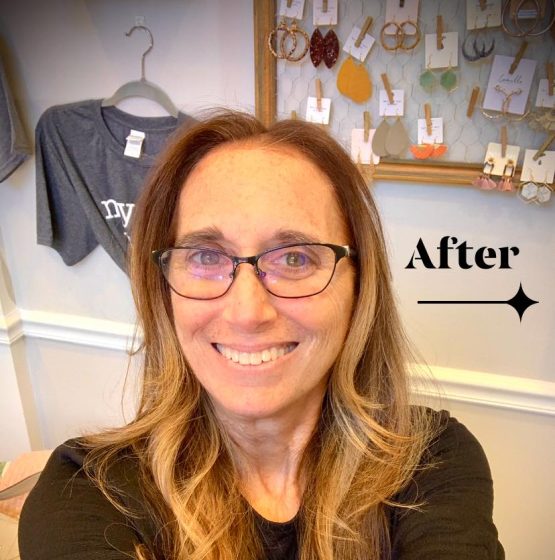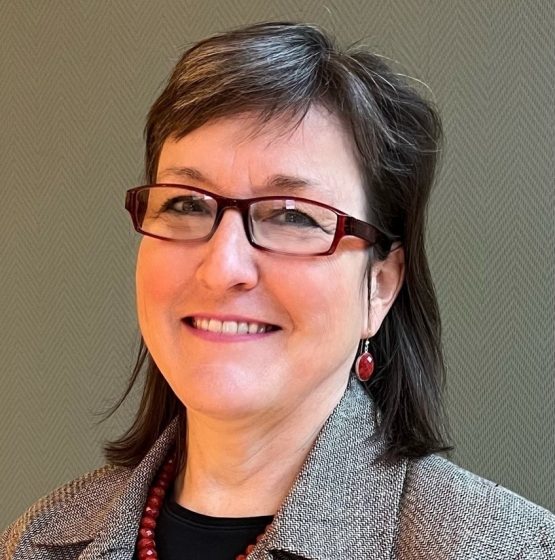
Ali Mueller:
Engineering My Escape Plan
Work was Ali Mueller’s identity—until a nine-month health crisis made her question everything. As she searched for solutions, she uncovered financial knowledge that changed her trajectory, empowering her to leave corporate America and help others do the same.
Bio
If you are missing out on additional cashflow WHEN WOULD YOU LIKE TO KNOW?
I believe that you deserve to know all the different ways you can increase your retirement income even though most financial advisors only get paid to help you accumulate assets.
Why? Because I’ve spent over 30 years working as an Engineer identifying opportunities to increase profits by improving supply chains.
How you choose to take income in retirement will determine your success.
I joined the Air Force my first year at the University of Nebraska to help pay for college. Once accepted into the USAF Electronic Warfare School, I was granted Top Secret security clearance which gave me entrance into the Defense Industry in Aerospace and led to a position in the US Air Force Command Center for the Advanced Cruise Missile Program (ACM).
I was later offered a position by a NASA contractor and I spent the next 30+ years working on international projects to help companies optimize supply chains.
It was rewarding to help companies increase their profits by optimizing their global distribution systems
and supply chains.
After a career in the Defense and Gas Industries, I decided to use my specialized skills for my own benefit by optimizing my own financial plan.
I applied the same skills/experience of my career and soon realized the significance of the impact I could make on helping others do the same.
With the same skill set I had used for optimizing corporate supply chains, I began optimizing individual retirement income plans. I referred to it as a “Money Supply Chain™️.” I wanted to help others o make their Money Supply Chain™️ last for the rest of THEIR LIVES.
If you would like to learn more about how to optimize your own Money Supply Chain™️ for life, click on the link to schedule a 15-minute introductory call.
If you want organize your “money brain’ so that what you really want aligns with your money- watch this 5 minute video. www.yourfvp.com
https://www.talk2ali.com/schedule15minutes
Topics
- The dangers of workaholism and what happens when your body forces you to stop
- Lessons from an engineer: How analytical thinking transformed my financial future
- The financial strategies corporations don’t want you to know
- How a sudden illness forced me to rethink everything about money and work
- Why traditional retirement plans aren’t enough—and what you should do instead
- Breaking free from the corporate grind: A step-by-step guide
- The real cost of prioritizing work over your personal life
- How financial literacy can give you control over your future
- What I wish I knew about money before I burned out
- Transitioning from a high-powered job to entrepreneurship: What nobody tells you
Guiding Questions
- Can you take us back to the moment everything changed for you on that work trip?
- What made you realize you couldn’t keep working the way you had been?
- How did you start learning about financial independence, and what shocked you the most?
- What were the biggest mindset shifts you had to make to leave your corporate career?
- Why do you think these financial strategies aren’t widely taught in schools or workplaces?
- How did your experience as an engineer shape the way you approached financial planning?
- What were the biggest fears or doubts you had before making the leap?
- What’s one piece of advice you’d give to someone stuck in the workaholic cycle?
- How has your life changed since leaving the corporate world?
- What are some practical first steps for someone looking to take control of their finances?
Interested in this guest’s story?

